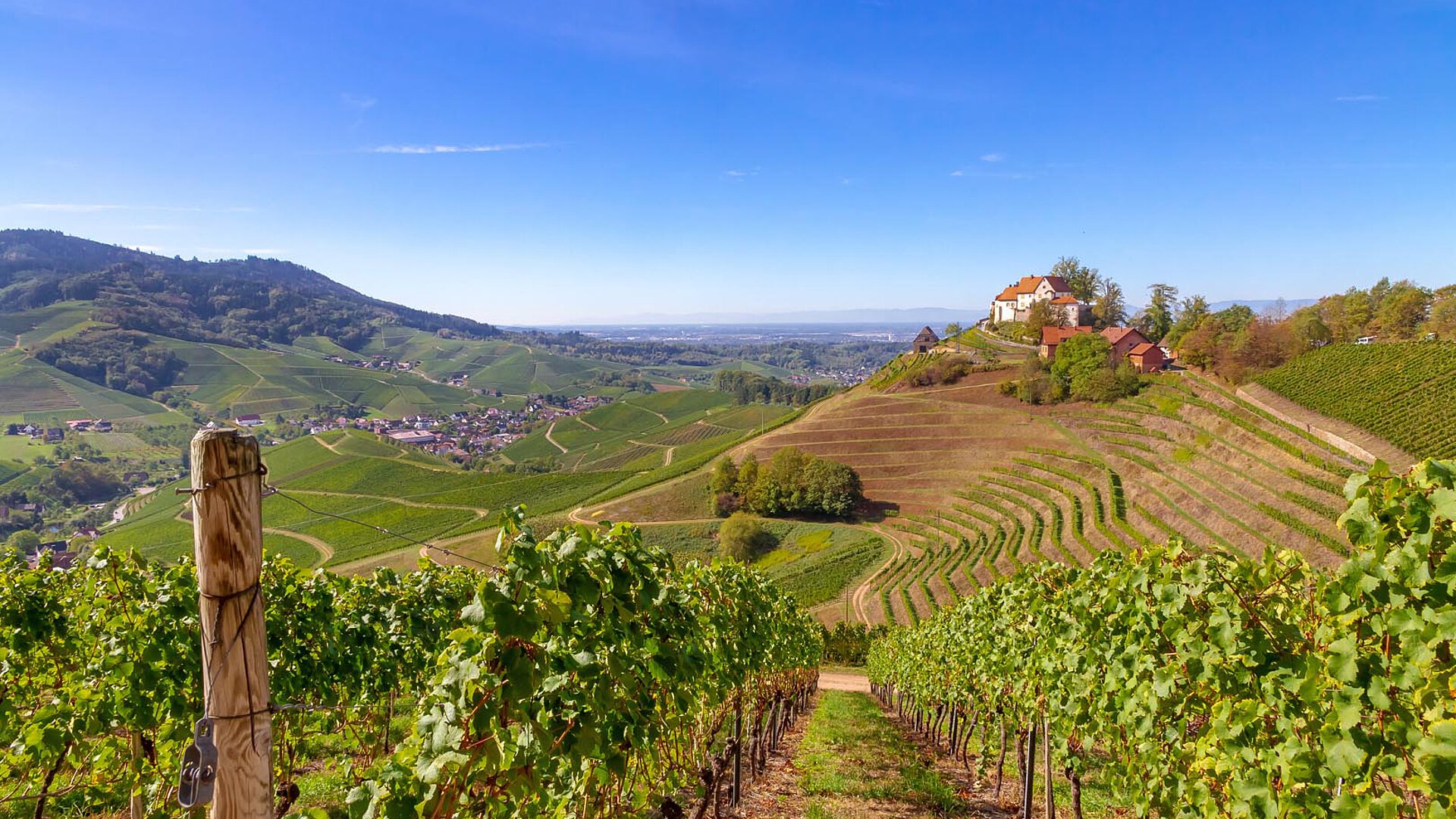Farmtravel glossary
All the Agritourism terms you need to know.
H
Hay Loft
- Kategorie:
- H
What is a Hay Loft and Why is it Important?
Originally essential for winter feed storage, hay lofts have evolved into sought-after spaces in restored farm accommodations, combining historical architecture with modern comfort. These spaces showcase original wooden beam construction while offering unique lodging experiences.
Historical Features
Traditional elements include:
- Exposed Beams: Original timber structure
- Loading Doors: High-level access points
- Ventilation Gaps: Air circulation design
- Wooden Floors: Traditional construction
- High Ceilings: Storage capacity
Modern Adaptations
Contemporary conversions feature:
Accommodation Elements
- Sleeping Areas: Converted spaces
- Living Zones: Open-plan design
- Original Features: Preserved elements
- Modern Amenities: Integrated facilities
- Natural Light: Added windows
Architectural Significance
Building characteristics:
- Structural Design: Load-bearing features
- Traditional Methods: Historic construction
- Regional Styles: Local variations
- Material Use: Native resources
- Functional Elements: Practical design
Visitor Experience
Stay features include:
- Authentic Setting: Historic atmosphere
- Rural Views: Elevated position
- Character Details: Original features
- Farm Connection: Agricultural heritage
- Unique Space: Distinctive lodging
Preservation Aspects
Conservation includes:
- Structure Care: Maintenance practices
- Feature Retention: Historic elements
- Material Conservation: Traditional components
- Character Protection: Authentic details
- Heritage Value: Cultural preservation
Hay lofts represent a perfect blend of agricultural heritage and modern hospitality. These converted spaces offer guests a unique opportunity to experience traditional farm architecture while enjoying contemporary comfort. Would you like to stay in a converted hay loft during your next rural holiday?

